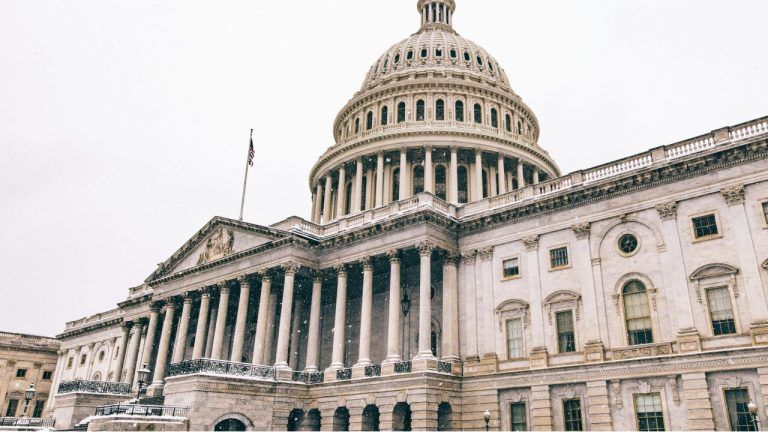
The "El Salvador Accountability Act of 2025" is a significant development in the relationship between the United States and El Salvador, with potential implications for the use of cryptocurrency in government activities. The bill, currently under review in the Senate, seeks to address human rights violations involving U.S. citizens allegedly committed by the executive branch of the Salvadoran government.
The proposed act is not only focused on holding the Salvadoran government accountable for these violations but also includes provisions that could shed light on the use of Bitcoin in potential acts of corruption. This aspect of the bill reflects growing concerns about the intersection of digital currencies and illicit activities on a global scale.
If the bill is passed, it could lead to the imposition of sanctions on the executive branch of El Salvador's government. These sanctions could have far-reaching consequences for the country's leadership and its relationship with the United States. Additionally, the requirement for a report detailing the use of Bitcoin in alleged acts of corruption signals a heightened scrutiny of cryptocurrency transactions in the context of governmental misconduct.
El Salvador made headlines in 2021 by becoming the first country to adopt Bitcoin as legal tender, a move that was met with both enthusiasm and skepticism. The country's President, Nayib Bukele, has been a vocal advocate for cryptocurrency and has promoted its use in various government initiatives. However, concerns have been raised about the potential for Bitcoin to facilitate money laundering, corruption, and other illegal activities.
The inclusion of Bitcoin-related provisions in the "El Salvador Accountability Act of 2025" underscores the growing importance of regulating digital currencies and ensuring transparency in their use. As more governments and businesses around the world explore the possibilities of blockchain technology and cryptocurrencies, the need for effective oversight and accountability mechanisms becomes increasingly apparent.
The outcome of the bill's review and potential passage will be closely watched by stakeholders in the cryptocurrency community, human rights advocates, and policymakers. The implications of this legislation could extend beyond El Salvador to impact how other countries navigate the intersection of digital currencies, governance, and human rights.
In conclusion, the "El Salvador Accountability Act of 2025" represents a significant development in the ongoing dialogue around cryptocurrency regulation, human rights, and international relations. The bill's provisions could have wide-ranging implications for El Salvador and set a precedent for how governments address the challenges and opportunities presented by the evolving digital economy.

Leave a Reply